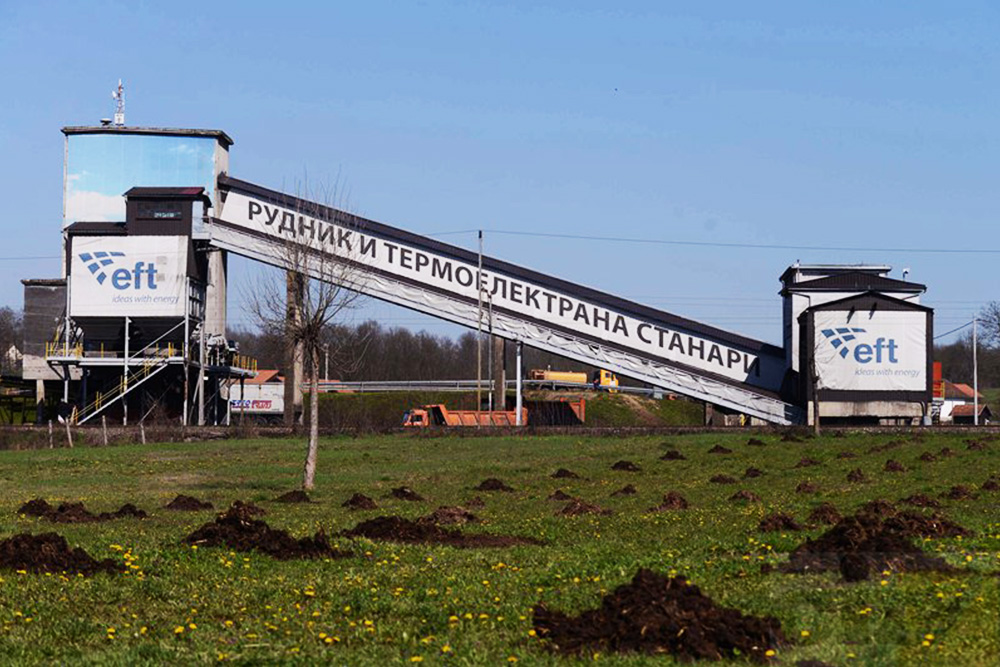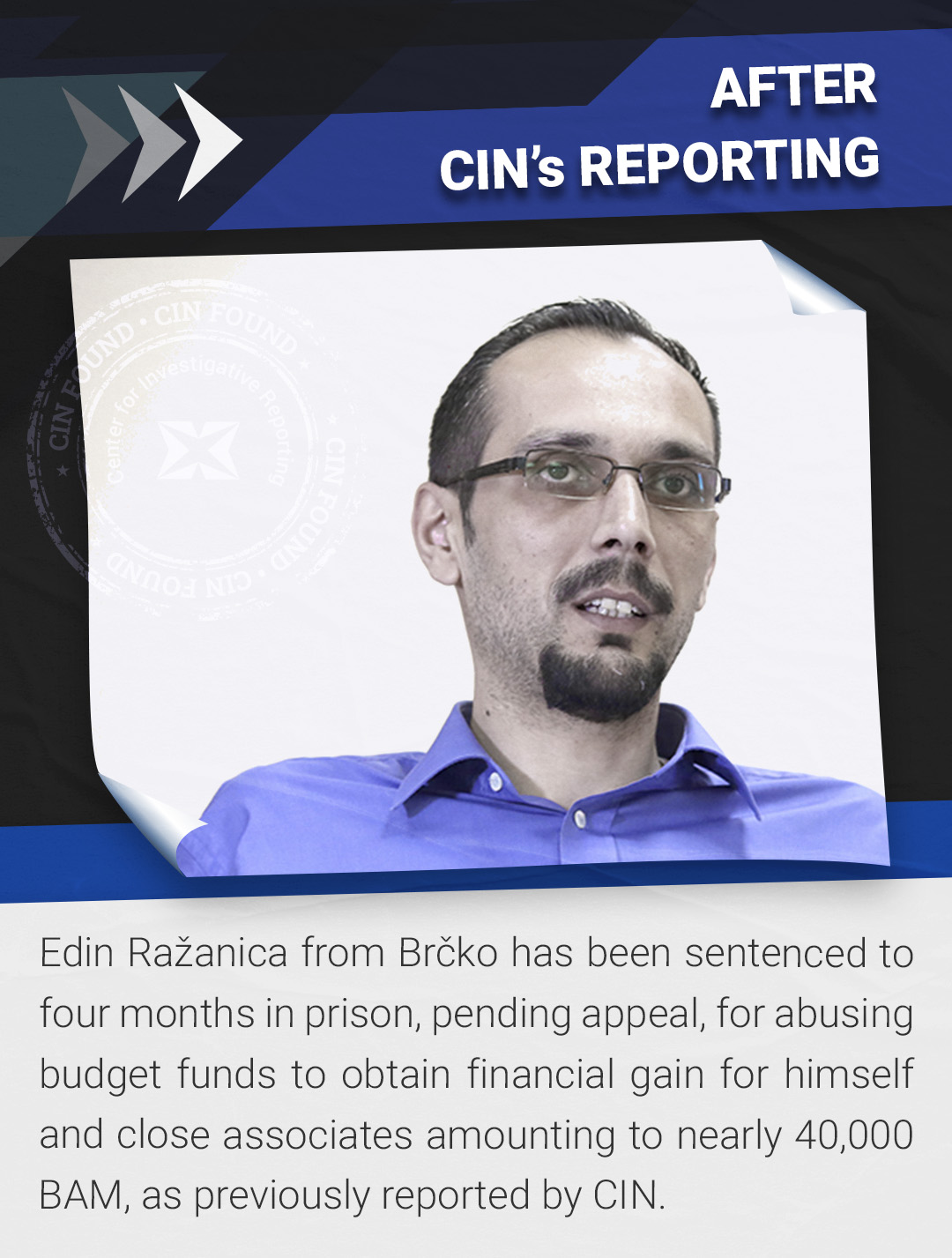Former managers of a power utility burned their fingers on the power they sold to the Energy Financing Team (EFT) group. There’s a chance they will find themselves accused of abuse of office for shortchanging the public company of around €4.1 million.
According to the records collected by Financial Police of the Federation of Bosnia and Herzegovina (FBiH), the heads of the Sarajevo-based Public Company “Elektroprivreda Bosnia and Herzegovina“ (EP BiH) made a bad business deal in signing a contract to sell surplus power to EFT in 2009. At the beginning of last year, the police filed a report with the Cantonal Prosecutor’s Office in Sarajevo, which started an investigation of the deal..

This was one in a series of investigations into the power trade with EFT, but is the only active one. Investigations were run earlier against the managers of this and other power utilities in BiH suspected of harming their companies.
EFT continued to grow through these investigations. After a number of years of solely trading in power, it will soon begin to produce its own power, an endeavor the Republika Srpska (RS) government has supported.
EFT ‘s parent company is Cyprus-based EFT Investments PLC. The biggest shares in the Cyprus company are held by Serbian-born businessman Vuk Hamović and his son Miloš.
Lost Chance for Turning Profit
In 2008, EP BiH put out a tender to sell excess electrical power for the coming year. EFT agreed to buy 613,200 megawatt hours at €83.53 per megawatt hour or €51.2 million.
Half of the power was supplied by the end of the first half of 2009. Then EFT asked for a lower price since power prices had gone down in the world market.

Management at EP BiH accommodated by accepting EFT’s rational that the price drop was a force majeure — even though that term as defined by the contract between the two, did not mention price decreases. Annexes were signed stating that the price of electricity would remain the same — but putting off a deadline for supply of the electricity to the end of March 2011.
According to FBiH Financial Police records, this power was not sold in the agreed time frame and there’s a remaining 49,369 megawatt hours, worth around €4.1 million.
In 2009, considering that it did not sell the agreed excess power to EFT, the power utility put out a new call for applications. EFT again showed up as a buyer. The power utility accepted its offer to sell 220,850 megawatt hours of power for €44.64 per unit. That is nearly half of the price they paid in the first half of the year.
Because of these controversial decisions by EP BiH management, the company lost
planned revenue for 2009. The police filed criminal complaints against then director Amer Jerlagić, a six-member Board of Directors and a six-member Supervisory Board headed by Edhem Bičakčić.
The report said that the heads of EP BiH made the decision out of fear that EFT would break the contract and put a financial strain on the utility. However, the same document said that EP was doing business with 22 firms trading power.
Former director Jerlagić said that they behaved like sound businessmen. He said the negotiations accommodated EFT, but just so that they could continue to sell electricity for a price that was more than double the production price in EP.
Even though the Supervisory Board supported the management’s decisions, Bičakčić told CIN that “The power utility could have secured the realization of the full contract and did not need to go into negotiations with EFT.”
Bičakčić explained that EP did not have to be a hostage of the situation and that it could have charged the bank guarantee, while selling the power elsewhere.
He added though, that they were sympathetic to EFT as a long-term partner and so they allowed the delay in transport within “a reasonable deadline.” He said that the maximum was up to a year. “I don’t see that anything else was reasonable,” said Bičakčić who was dismissed as leader of the Supervisory Board in March 2010.
According to Financial Police records, EFT twice in 2011 postponed collecting the remaining power, supposedly because there was no room to transport it over transmission lines. When it asked for the supply at the end of the year, the utility was not ready to oblige. An exchange of letters followed in which two firms tried in vain to agree on the sale of the remaining quantity.
Jerlagić said that nearly 50,000 megawatt hours have never been shipped. He said that his successor Elvedin Grabovica, the current EP director, had a chance to sell the remaining power for €84 per unit.
EP refused to elaborate on this or to discuss other bids for the sale of electricity. EFT did not want to comment.
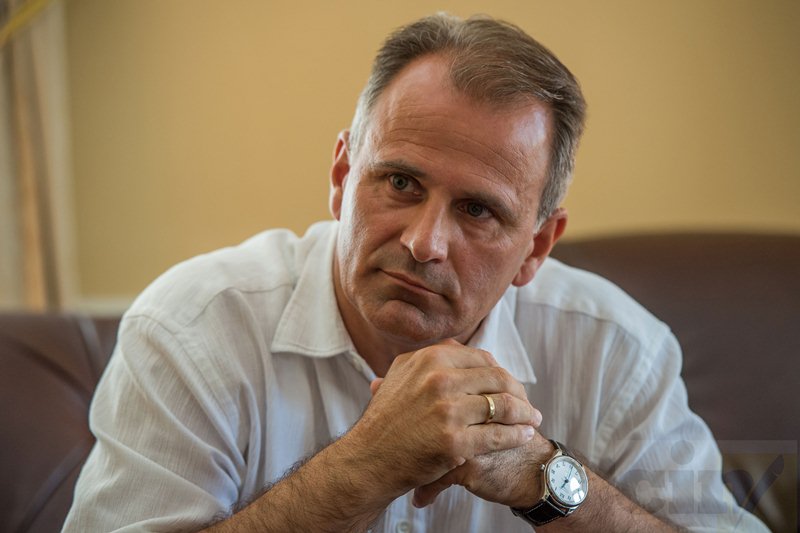
Always Investigation, Never Indictment
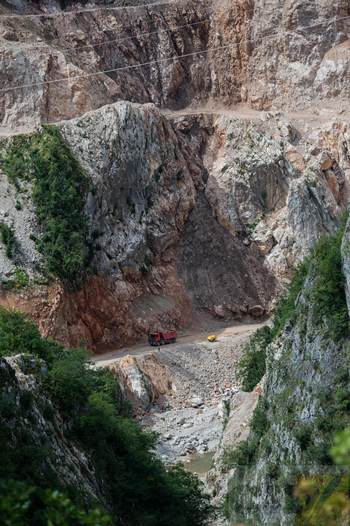
Electrical power is one of the most sought after goods in Europe. BiH, along with Bulgaria and Romania in the Balkans have surplus electricity for export every year. A problem is that there is no way to store power for later use.
Countries in the region may have enough power, but because of draught or other disturbances, there can be sharp shortages of power. Such situations prompt power traders to buy electricity from power companies in places where there is excess and sell it to clients in countries lacking electricity.
Since its inception, EFT bought large amounts of electricity in the Balkans. The firm’s officials say that they paid in cash and in exchange, got favorable prices. Then they sold for higher prices to other former Yugoslavian republics dealing with power shortages, such as Croatia and Montenegro.
Some of their deals with power utilities interested investigators. A 2003 special audit report for the High Representative noted that the management of EP RS sold power to EFT at under the market price. After the report, then high representative Paddy Ashdown sacked Svetozar Aćimović, the director general of the RS Power Utility, and Boško Lemez, a member of the EP RS’s Board of Director, and the former minister of Industry Energy and Mining. The investigation was closed without filing indictment.
EFT has sold power to the utilities too. For example, between 2000 and 2003, EFT and EP RS signed three contracts on the sale of power to the public company. The contracts show that the deadlines for the payment of shipped goods were shortened later. However, this has never been the subject of investigation.
Alongside the Power Utilities
Investigations did not slow EFT operations. After five years of wholesale power trading and with the nod from the RS government, EFT bought the property of the Stanari Lignite Mine for 10.5 million KM, and received a concession for the exploitation of the ore worth around 6 billion KM.
The mine produces around 1 million tons of lignite annually, and planned production is 2.5 million tons a year. Most of it will be burned in a power plant being built in the town, while the remainder is to be sold on the free market.
The power plant is supposed to go into commercial operation in 2016. Maximum electricity output will be 2,000 gigawatt hours a year, which is more than is produced by the two existing power plants in the RS.
To build the plant, EFT took out a €350 million loan from the Chinese Development Bank Corporation and mortgaged its property in Stanari as security. CIN learned that RS government representatives helped this arrangement by amending the Law and the Rulebook on Concessions in the RS. That change allowed EFT to pledge the concession contracts to the Chinese Development Bank in case of default.
EFT also is building a hydro power plant Ulog on the Neretva River at the northeast of Herzegovina which it plans to connect to the BiH power grid in 2017.
The hydro plant should produce 82,3 gigawatt hours a year. EFT received building licenses last year and has constructed access roads.
The RS Commission for Concessions informed the public about delays with this project because EFT had problems buying the land and coping with nearby mine field. It also faces a problem connecting its future plant to the grid. EFT has approval to connect to Nevesinje-Gacko transmission lines which, so far, exist only in the Transmission Company’s blueprints.
Still, EFT hopes to become a leader among the local power producers in BiH and the region in two years.
A total annual output of EFT’s power plants will be somewhat bigger than the annual production of one of the three power utilities – Mostar-based Elektroprivreda.
“For our business it is important to have access to our own power which we will be able to sell to the countries in the region facing deficiencies,” EFT wrote in a letter to CIN.
Sarajevo power expert Željko Določek said that EFT will not benefit from selling power in BiH: “Why would they sell in BiH when they can sell in Croatia where the power is much more expensive?” According to European Commission’s data, the price of power in BiH is among the lowest in Europe.
During the first 10 years EFT will spend more on producing power compared to local power utilities, but it will be competitive on other Balkan markets. EFT’s power will be more expensive, because it has to pay back the loan for Stanari Power Plant.
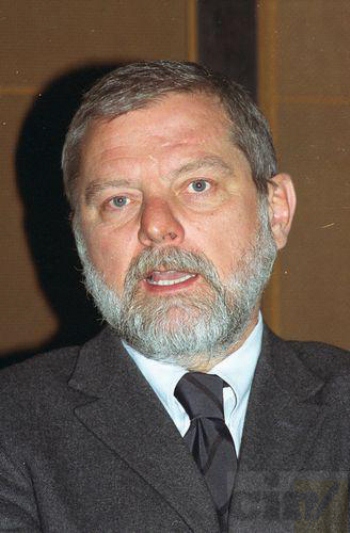
Glory to Others, Money to Me
EFT was established in 2000 to sell electricity internationally. It has grown into a group of 16 members that trade in power across 21 European countries.
The parent company is registered in the well-known offshore zone of Cyprus as EFT Investments PLC.
Second to the parent company is a London-based EFT International Investments Holding Ltd. which controls the property, including the shares, and manages the group’s investment portfolio.
It owns shares in 14 companies including three in BiH: EFT – Mine and Power Plant in Stanari; EFT Ulog in Kalinovik and a Bileća-based EFT which has a license to trade in power.
All firms in the EFT Group trade in power except for those two in Kalinovik and Stanari.
EFT Group’s 2012 financial statements show that the total shares of the British holding company in the subsidiary companies amounted to around €255 million.
The company’s founder Vuk Hamović refused to talk with CIN reporters. He rarely gives interviews and does not like publicity. During one press conference in Sarajevo, he joked: “Glory to the others, money to me.”

